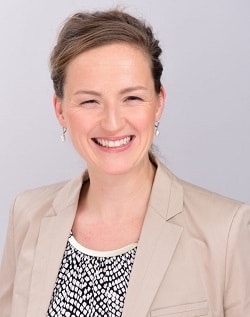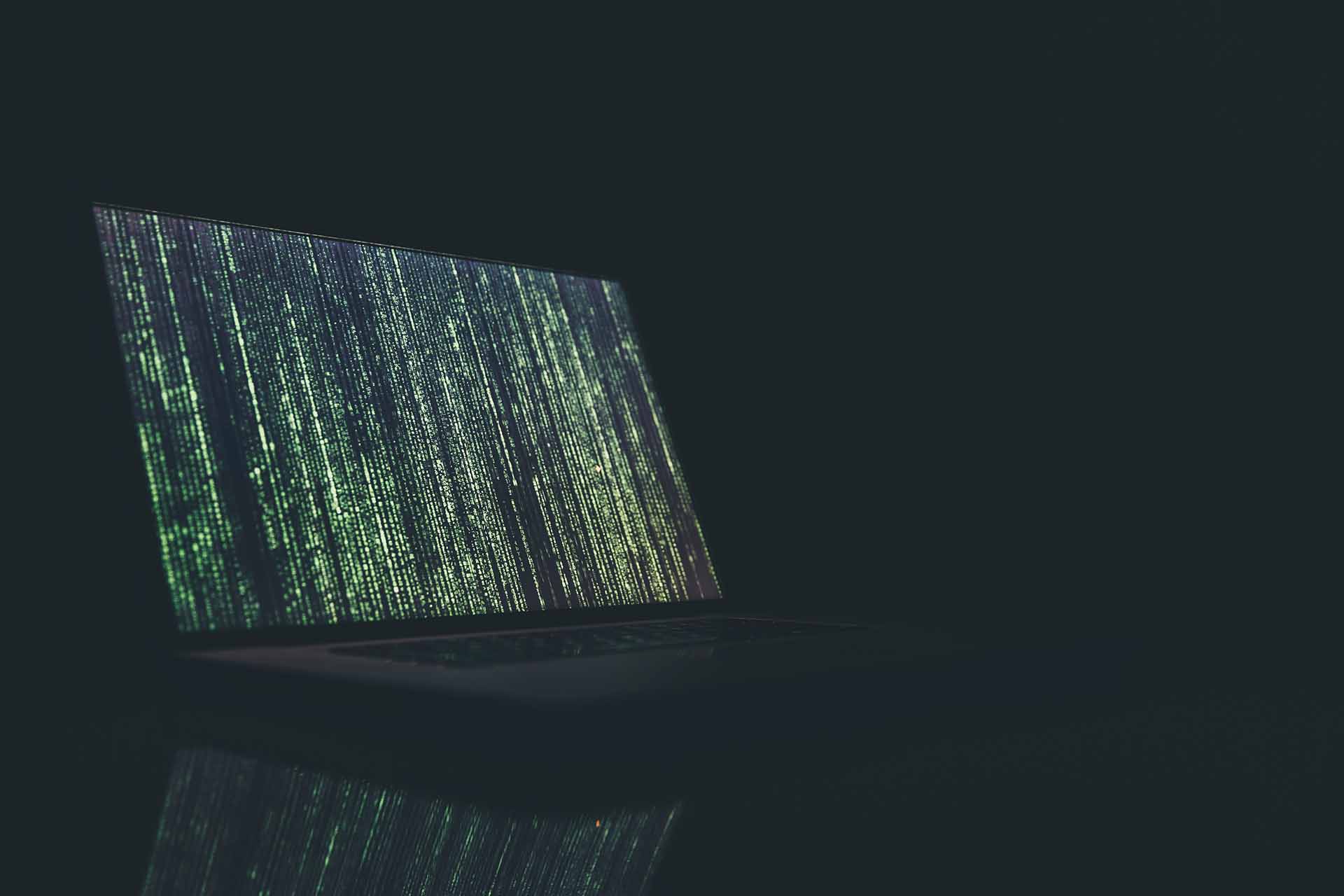My hibernation
Over the years it has become a matter of course: My annual hibernation.
Between mid-December and early to mid-January, I withdraw and try to have as few appointments as possible. Those around me have become accustomed to this. Even esteemed customers and clients ask as early as November when I will still be available and when my hibernation will begin this year. I find that nice and am very happy about it.
How can you take such a long break as a self-employed person?
At the beginning, I questioned myself: can I afford to be unavailable for a few weeks and build in a recovery break in between? To be honest, this investment in productivity and health is worth it to me.
By the way, I see it similarly with regard to my accessibility in everyday professional life. There was often irritation when I told colleagues that I was not permanently available by phone. “You could lose a job. Aren’t you afraid of that?”
I’m mainly afraid that I’ll burn out (again) and that the quality of my work will suffer if I’m constantly doing my work without breaks. In self-employment, and moreover as a colourful zebra, this would basically not be a problem at all. There are numerous ideas and projects waiting to be implemented. To the question “What kind of person do you want to be?” that I like to ask others in my lectures, seminars and coaching sessions, I don’t want to answer that I am looking at a restless, running-around person. I can’t give lectures on stress management, mindfulness and mental health and be “on the rush” at the same time.
Especially at the end of the year, looking back at one’s professional activities, tidying up, mentally completing projects, re-planning things, has infinite value. I am always realigning myself. And it is precisely this pause and also this process that then takes place that I need in order to live up to my values and come close to my wishes and goals of how I want to shape my life and work world.
Rules of the game for a deep hibernation
Inform about absence early
For me, hibernation means setting up an out-of-office message shortly before I start, mentioning every now and then that I am now retiring and that I will not be available for the next few weeks. That’s enough for outward communication. For me internally, I have made a promise to myself to stick to my own agreement. This may all sound very easy and structured, but I myself do not always find it easy to remain consistent here. I would briefly like to remind you of the article “No”1 that recently appeared on t2informatik and the subsequent podcast interview with Dierk Soellner “Die Kunst des Nein sagens”2.
Social media break
There are certain rules or guidelines that I have intuitively defined over the years. On the channels of our systemic network3
we clearly have the agreement that we announce our hibernation and then post a picture every now and then exclusively in the story on Instagram, pointing out our break and wishing a wonderful Christmas season and a happy New Year. So far, it hasn’t hurt the algorithm of the social media channels that we don’t post anything for weeks. On my own channels, I basically design the posts, stories and such intuitively and try to detach myself from algorithms. That means the agreement here is that if I feel like sharing something, I do it. If not, then not.
When boundaries blur
The WhatsApp channel is sometimes a bit of a challenge. I use my mobile phone both professionally and privately. Boundaries tend to blur for me, which is basically not a problem as long as I can integrate sufficient communication breaks. I usually respond to enquiries of a professional nature in a friendly manner, pointing out that I’m officially in hibernation at the moment. If I feel like it, I answer questions, if not, I don’t. Appointments, including professional coffee dates and the like, are only coordinated again in the new year after awakening from hibernation. Coordinating appointments occasionally stresses me out and that’s exactly what I want to avoid.
Organisation, planning and communication
One challenge in recent years has been looking after my students. Presentations and exams are due in January. That’s when the level of queries and excitement rises. This year, I also announced that I would not be available for three weeks. The registration deadlines for the exams will be adjusted accordingly. Really urgent queries will then only be answered by WhatsApp and not by email. For me personally, emails are more of a stress factor than WhatsApp messages. That’s why I prefer the WhatsApp channel in this case. Which, by the way, doesn’t mean that I answer immediately – as usual. I really appreciate the filter “search for unread messages”. This way I can see which messages I still want to reply to and then do so collectively.
Flexible consequence
Am I “allowed” to work during the entire hibernation period? Certainly, because my work strengthens me, it nourishes me and I gain energy through my tasks. However, I go about my tasks without being driven, without chasing deadlines. Just doing what I feel like doing and finally moving forward with the projects that had to wait. I also like to tidy up, digitally and analogue. Deleting files, creating new folder structures, going through emails, deleting them to support my review of the year. By the way, I like to use this time to streamline myself digitally, which means unsubscribing from all irrelevant newsletters, leaving digital groups, dissolving groups, etc. I really enjoy my hibernation.
My hibernation is very good for me and for me this time of year always feels special. Especially the period between Christmas and New Year’s Eve means pure retreat for me. I love people and I love being in contact with people. During this time, however, everything is put on mute. It becomes quiet. On New Year’s Eve it becomes colourful and loud again and then the new year can begin.
Savouring the hibernation like this doesn’t mean that I don’t take breaks during the year. However, it makes a difference to me whether I enjoy breaks during the week, at weekends, during holidays or whether I withdraw for three weeks at a time. My recommendation for afterwards, so not only after hibernation, but generally after holidays or even intensive work-free weekends would always be to start slowly again. Not that we suffer from the post-holiday syndrome4. That would be a shame. For my part, I also act intuitively here. The out-of-office note remains activated for one more day while the first appointments are already back on. Appointments are planned with sufficient distance.
Self-employed and constantly active
In general, I don’t try to be constantly available. I am not permanently on duty because I am self-employed. I prefer to schedule appointments from Tuesday to Thursday, Mondays and Fridays only in exceptional cases. I use the off-peak hours for conceptual work, coordination and quiet work. I also decide when there is trouble-free time, i.e. when the mobile phone is set to silent and the email inbox and Slack channels are closed.
My goals for hibernation
For me, hibernation has several goals that should be considered equally important. On the one hand, I like to always and constantly optimise my processes and thus my productivity. On the other hand, I want to maintain my health. My mental balance is very important to me. Only physically and mentally in balance can I do my job well. That is exactly what is important to me. Of course, because this is how I generate my income, but above all because I remain true to my value and action motive of effectiveness.
Another aspect is that through my actions and the living out of my values, I can perhaps inspire others to change. I also follow the New Work idea here in my self-employment. Working is allowed to make me strong and I only do what I really really want to do. I don’t bow to social norms, but “make the world as I like it”. And yes, I may do that and I may invite others to follow me. Maybe not with the same concept, but gladly in such a way that individual needs in living and working environments are taken into account and can be lived out.
Notes (mostly in German):
[1] A “no” to something can be a “yes” to one’s own needs. How do employees in organisations succeed in saying “no” more often? Answers can be found in the blog post No!
[2] Business Akupunktur – der Podcast von Dierk Söllner: Die Kunst “Nein” zu sagen
[3] Systemisches Netzwerk – das Online-Magazin von und für Systemiker:innen
[4] Post-Holiday-Syndrom
If you like the post or want to discuss it, feel free to share it with your network.
Sandra Brauer has published other articles on the t2informatik blog, including:

Sandra Brauer
Sandra Brauer – change management with system – is a systemic consultant and trainer for stress management, mindfulness and relaxation. The studied business economist accompanies companies and individuals in change processes. Her main focus is on the accompaniment of digitalisation and change projects, especially in the course of cultural change. Sandra Brauer can be booked for workshops, team reflections, individual consulting and coaching, moderation of panel discussions and impulse lectures.


